COVID-19 Booster Dose
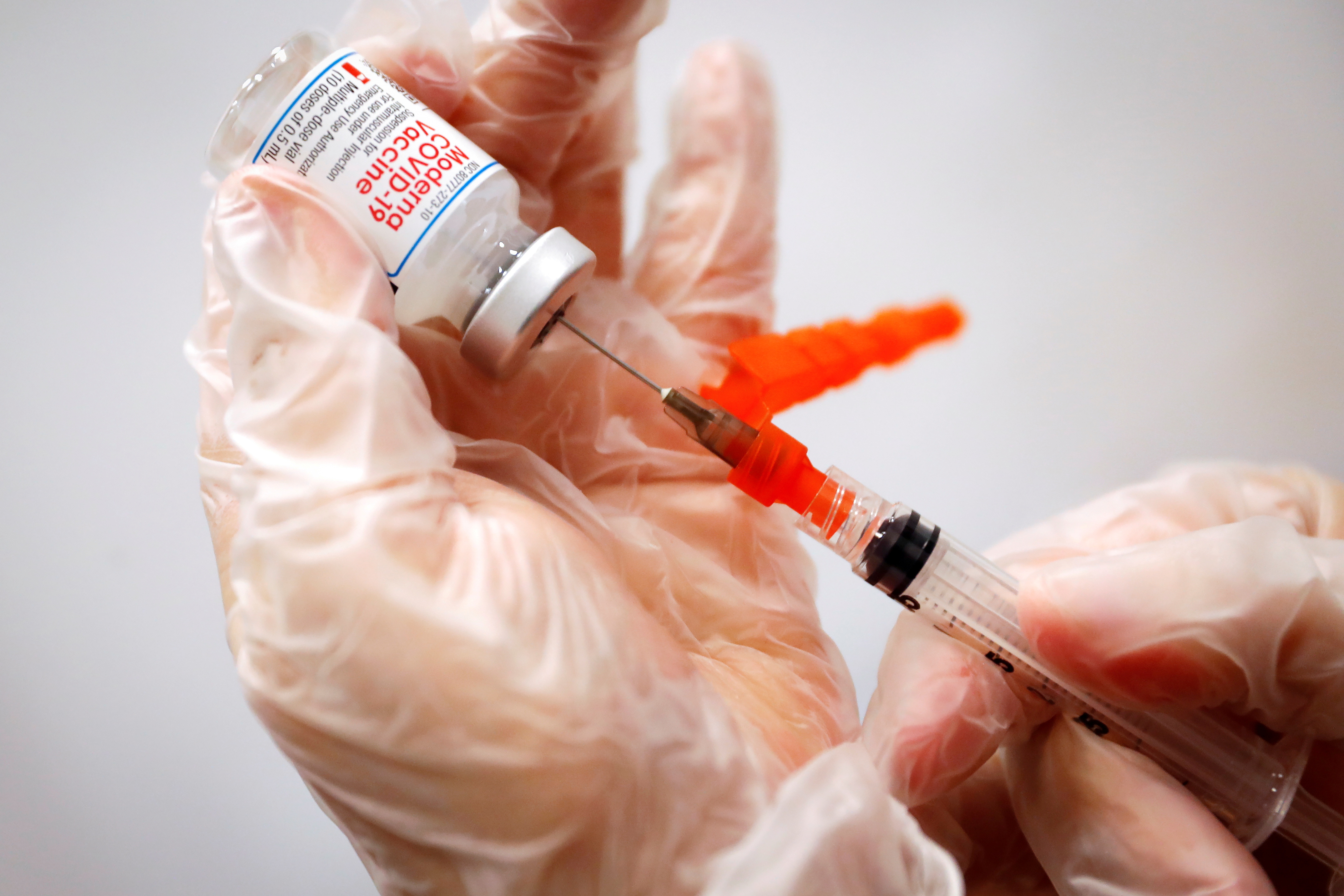
COVID-19 Booster Dose
With the third wave of Omicron and COVID-19 cases rising again, now is the time to get boosted if you're eligible. A lot of people are still wondering whether they and their families need a COVID booster and, if they do, how to go about actually getting one.
Everyone above the age of 18 is now eligible for a COVID-19 booster dose, but not everyone is eligible immediately. The eligibility criteria are based on which vaccine you received and when you took your initial dose or doses. When the COVID-19 vaccine was developed, people were skeptical about the first dose itself but now they have come to understand that the COVID-19 vaccine makes the immunity last longer.
Some people who have compromised immune systems may not be able to produce as many antibodies to COVID-19 after typical vaccination. Many people who, have received an organ transplant, are undergoing chemotherapy, have advanced HIV/AIDS, or take immune-suppressing medication won’t be able to create the immunologic response to vaccines to build adequate protection against disease. Therefore, a third dose of the vaccine would benefit them.
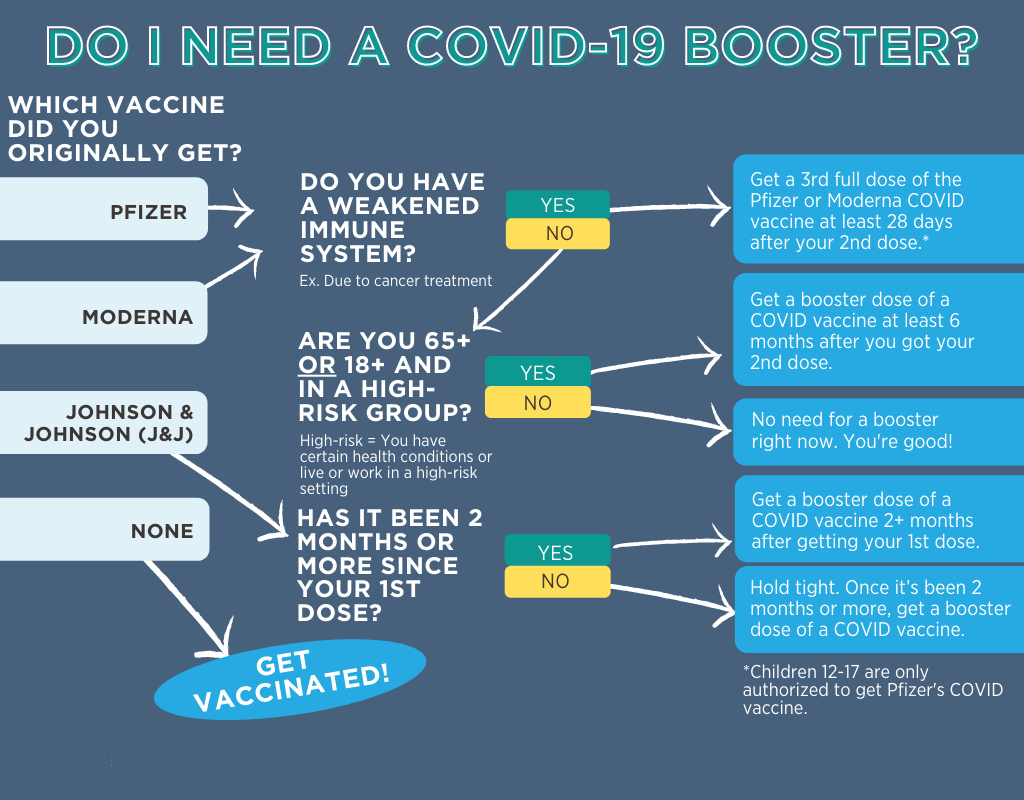
What is a COVID-19 vaccine booster?
A COVID booster shot is similar to an additional dose of a vaccine given after the protection provided by the original shot(s) has begun to decrease over time. Normally, you would get a booster after the immunity from the initial dose(s) naturally starts to wane. The booster is designed to help people maintain their level of immunity for longer.
A booster is an additional dose of vaccine that can help prolong protective immunity in someone who responded fully at first, but there's evidence that protection is declining after some time.
The eligibility criteria for a COVID booster are confusing. But, the simplest place to start, is to consider:
- Your age
- Your initial vaccine
- When you took your initial dose or doses.
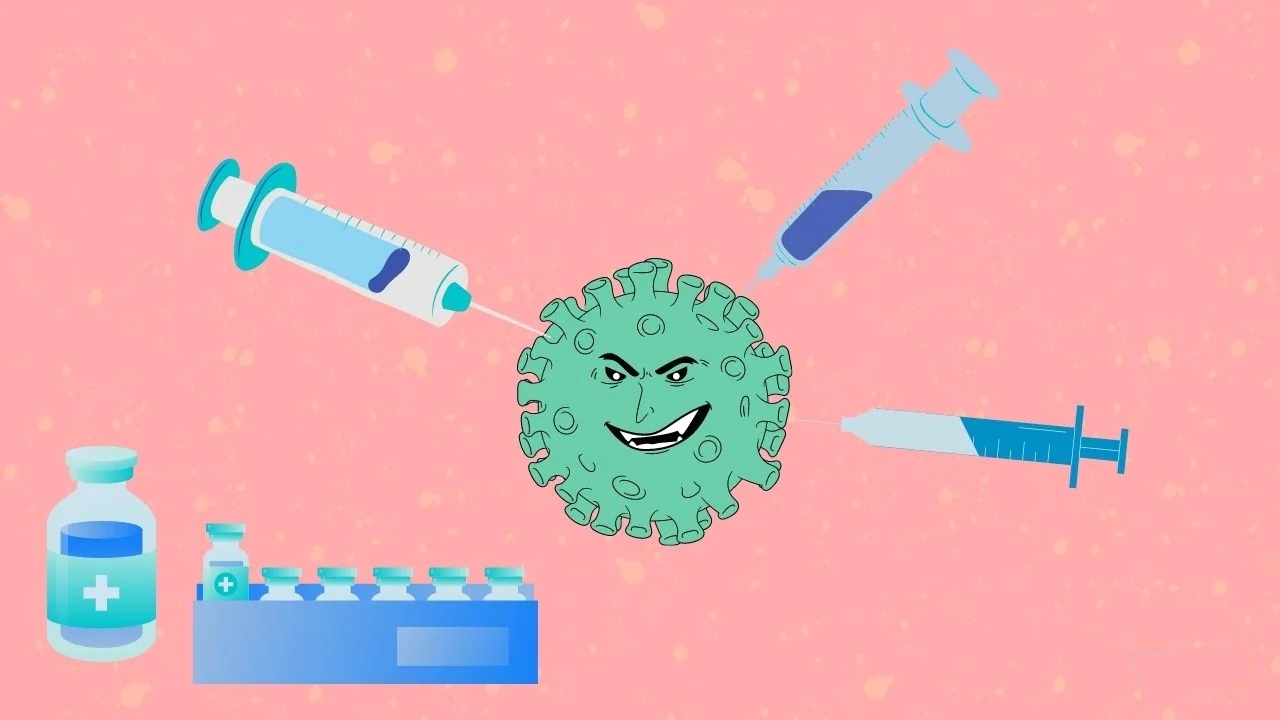
Who is Eligible for the COVID-19 vaccine booster?
The Center for Disease Control (CDC) recommends a COVID-19 booster if you are:
-
18 or older and received the Janssen/Johnson & Johnson vaccine at least two months ago.
-
18 or older and received both required doses of the Moderna vaccine at least five months ago.
-
The Pfizer-BioNTech vaccine is the only vaccine and booster authorized for individuals ages 12–17.
-
You have a medical condition associated with immunosuppression are eligible to receive an additional vaccine dose.
-
You have been receiving active cancer treatment for tumors or cancers of the blood.
-
You had an organ transplant and are taking medicine to suppress the immune system.
-
You had a stem cell transplant within the last two years, or are taking medicine to suppress the immune system.
-
You are diagnosed with moderate or severe primary immunodeficiency including DiGeorge syndrome or Wiskott-Aldrich syndrome.
-
You are diagnosed with HIV and have a high viral load or low CD4 count, or are not currently taking medication to treat HIV.
-
You are taking medication like high-dose steroids or other medications that may cause severe suppression of the immune system.
You should contact your medical provider if you are not sure whether you fit into any of these categories. The different vaccine has different criteria for booster dose, which includes:
If you have received Pfizer-BioNTech: You are eligible if you are 12 years and older and have completed at least 5 months after your primary COVID-19 vaccination series. Teens 12–17 years old may only get a Pfizer-BioNTech COVID-19 vaccine booster.
If you have received Moderna: You are eligible for a booster dose if you are 18 years and older and you have completed at least 5 months after your primary COVID-19 vaccination series.
3. If you have received Johnson & Johnson’s Janssen: You would be eligible if you are 18 years and older and completed at least 2 months of your J&J/Janssen COVID-19 vaccination.
Pfizer-BioNTech or Moderna (mRNA COVID-19 Vaccines) are preferred in most situations.
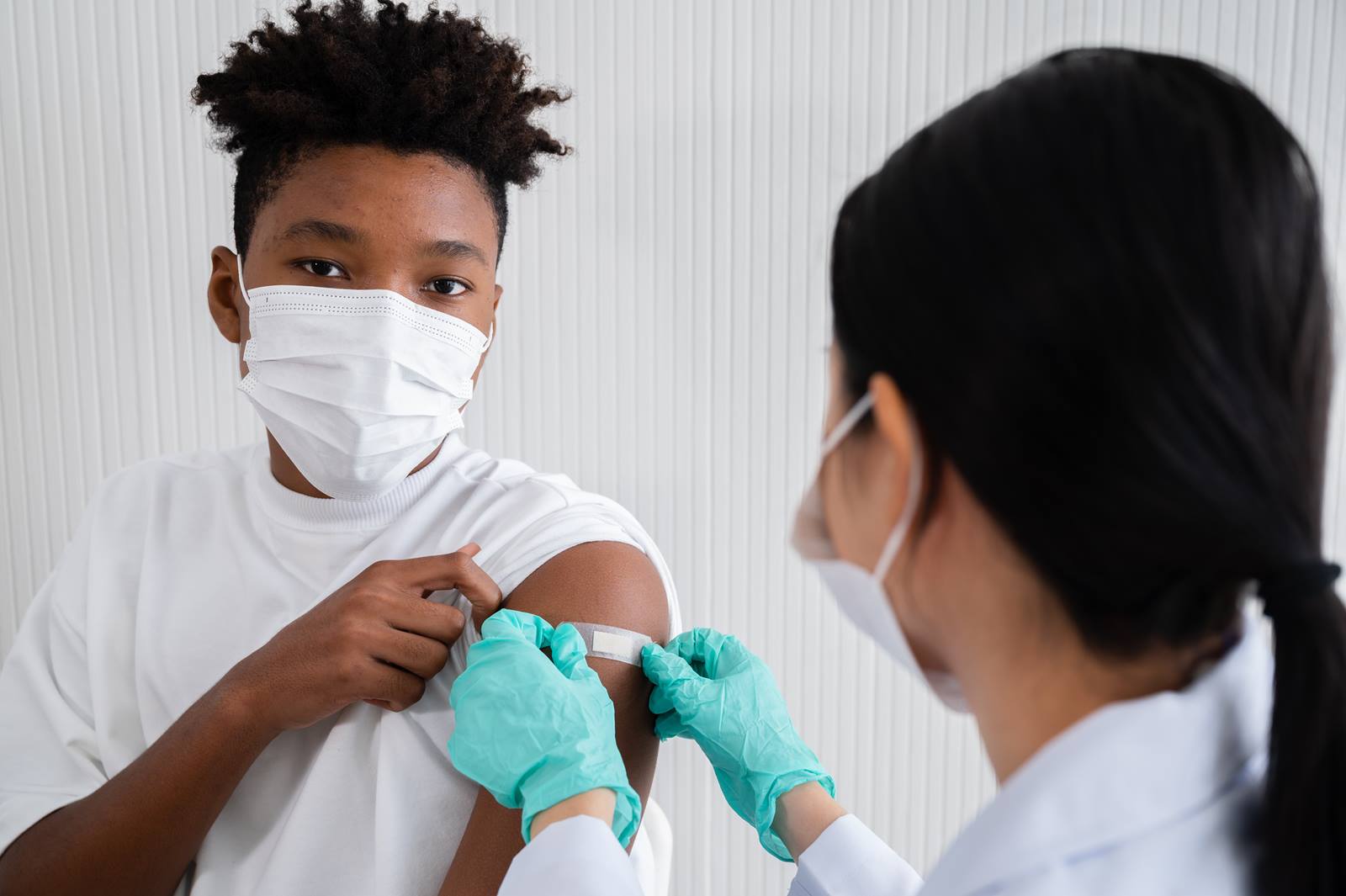
What are COVID booster side effects?
A lot of people after getting vaccinated for COVID-19 might experience some temporary symptoms. These symptoms are similar to those you might notice when you get a flu shot, such as a sore, swollen arm, a fever, body aches, headaches, and tiredness for a day or two. Some people may also experience chills or swollen lymph nodes. These symptoms do not mean you are sick, but they signal that your immune system is responding to the shots and building up protection against the coronavirus.
What is an additional dose of the coronavirus vaccine?
An additional dose originally called the third dose, is given to people with moderately or severely compromised immune systems to improve their response to the initial vaccine series. (The term “third dose” was used to refer to additional doses for the two mRNA vaccines, but now the term is “additional dose” because those who received a J&J “one dose” may also be eligible for a dose based on their immune systems.)
What is the difference between a booster and an additional dose?
A lot of people are confused about the booster dose and additional dose of the COVID-19 vaccine. A COVID-19 booster is administered when you have completed your vaccine series. This would protect against the virus that has decreased over time. Depending on the original vaccine series you had, some details will vary.
On the contrary, an additional dose is administered to people with moderately to severely compromised immune systems. This additional dose of the COVID-19 vaccine is intended to improve immunocompromised people’s response to their initial vaccine series. Similar to booster dose some details will vary depending on the original series given.
When should I get an additional dose of the COVID vaccine?
It is important to take an additional dose if you are immunosuppressed and originally received the Moderna or Pfizer COVID-19 vaccine. This is usually administered at least 28 days since your second shot.
But, if you got the Janssen/Johnson & Johnson COVID-19 vaccine, you can get an additional dose when it has been at least two months since your vaccine.
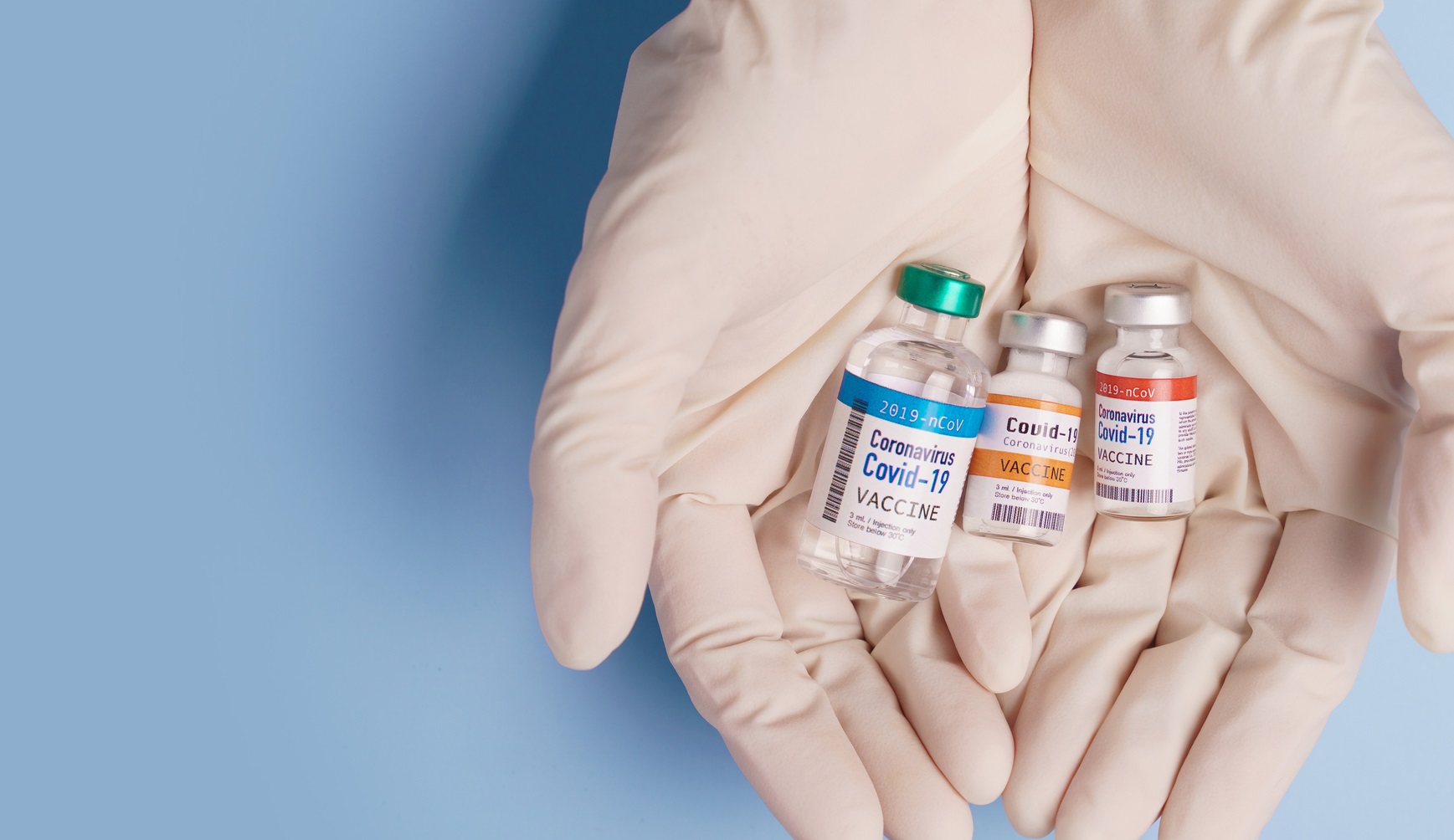
Outlook
Most people fully vaccinated against the coronavirus are relatively well-protected from serious illness and death from COVID-19. But, even the most effective vaccines may become lose their effect over time. Getting a booster shot several months after the last vaccine shot helps supercharge the vaccine’s effectiveness. Omicron is about twice as contagious as the delta virus but, people who are vaccinated and boosted are largely not getting major symptoms of COVID-19 or even getting infected. Those who are vaccinated and not boosted probably will have it slightly worse.
If you or anyone you know is suffering from the effects of Covid-19, our expert providers at Post Covid Centers will take care of your health and help you recover.
Call us on (469) 545-9983 to book a telehealth appointment for a home check-up.
People Also Read:
Post Covid Syndrome vs. Fatigue
While COVID-19 is a short-lived disease in most people, others experien...
Post Covid Syndrome vs. Skin Weakness Problems
A new study illustrates that some patients with COVID-19 disease have continuous skin-associated symptoms...
RELATED BLOGS
